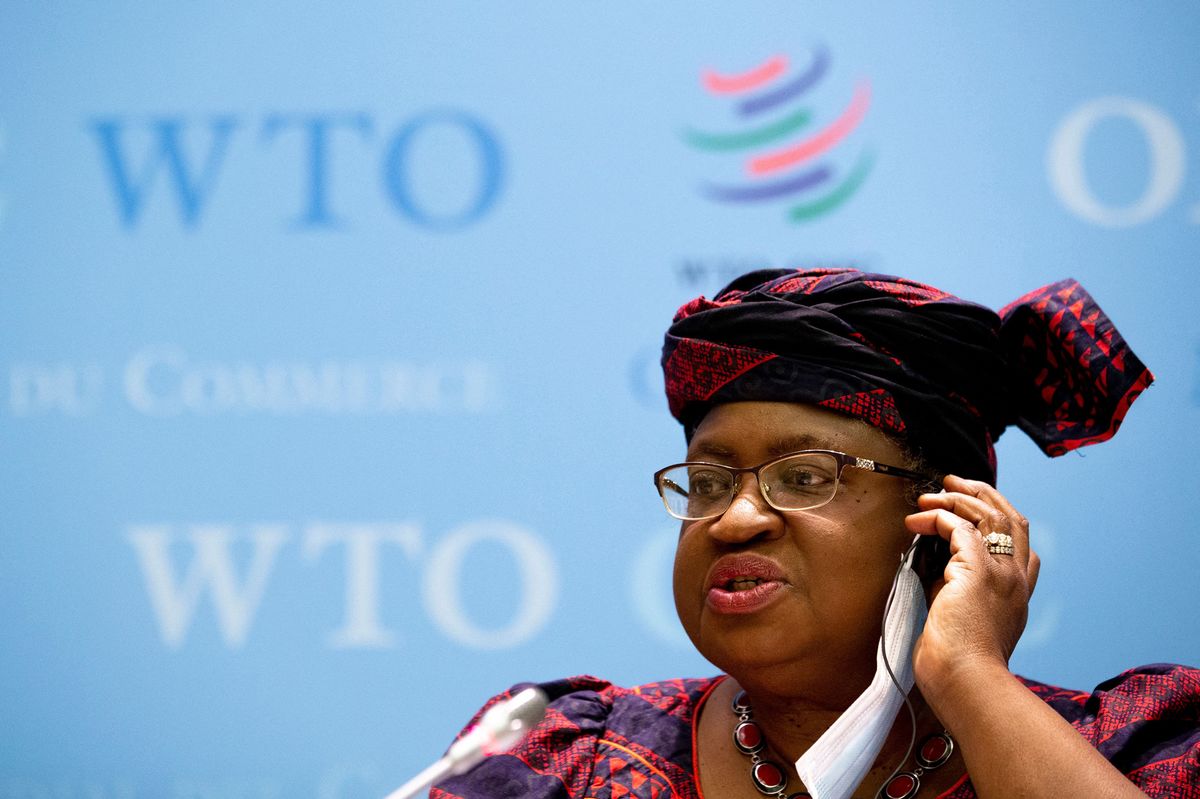The tendency to be creative, identify a niche and take a financial risk to set up businesses in Africa is trending on a grand scale. Not necessarily in the hope to make profits, entrepreneurs are driven to create the life they want and solve the problems they think are important whether the businesses they run are large or small.
Innovations add value to the economy. Africa’s private sector unlike before leveraged strategic innovations which results in high productivity that contributes to economic growth and development in not a few African countries. There is more than one form through which innovations can occur. It can generate new products, services and new processes.
Also, it can evolve ways of using existing factors of production more effectively and even innovation of technologies earlier improved by others but not yet available in the local market.
Across Africa, recent reports have shown that South Africa has been famed as the forerunner entrepreneurial country. Next are Rwanda and Morocco in second and third place respectively. Fourth is Kenya ahead of Nigeria in the fifth position.
Getting off the ground and innovating a new business, takes grit, determination and marketable idea anywhere. Yet, certain economies make it relatively a little bit easier for entrepreneurs as you may not want to look far. However, the entrepreneurship index is evaluated based on innovation, competitiveness, infrastructure, labour skill, openness for business and access to capital.
Entrepreneurial opportunity is the point at which end-user demand meets the feasibility of satisfying the requested service or product. In entrepreneurship, a specific standard needs would be met to move from an idea into an opportunity.
In South Africa, thriving entrepreneurial opportunities are many but not limited to the manufacturing of kitchen and bedroom cardboards and ceiling decoration.
Realizing that he was good with his hands, Lucky Vilakazi even engaged in beaded jewellery and Jewellery design services. And the first black-owned jewellery manufacturing and retail business in Soweto was Nqobile Nkosi.
The cornerstone jewellery brand is doing well in the UK market. The jewellery brand was selected in the UK jewellery trade, a first of its kind formed in Soweto.
Others are web and software developments. Rupert Bryant innovated Web Africa, one of South Africa’s most successful Internet Service Providers (ISPs). Rupert started his own web development company at the age of 14. Later, Web Africa started as a hosting provider. Similarly, Justin Stanford is a software industrialist and venture capitalist. He came across a Slovakian anti-virus software package called ESET. South Africa sells ESET’s various internet protection products in about 20 sub-Saharan countries, making it a viable internet business.
Rwanda is highly progressive in entrepreneurship. Shortly after Rwanda’s genocide ended in 1994, It started weaving baskets in exchange for food. It enhances weaving skills with new design techniques. But Rwanda has an extensive 10-year doing business reforms that over the years resulted in a major turnaround in techpreneurial skills. Young Rwandan entrepreneurs have dominated the space in software development, web design, development and mobile application solutions.
Other entrepreneurial skills focus on graphic design and animation. For instance, Akaliza Keza Gara, is a post-graduate student but a serial entrepreneur. she founded the Shaking Sun, a company that offers services in web development. But her current adventure is Yambi Animation Studies and, yet pioneered the Rwandans on Twitter.
Similarly, at the moment in Morocco, entrepreneurial exploits seem to be the in-thing. From the angle of the Universities to the government, they are on one page modernizing the administrative, and managerial systems, career perspectives and procedures for young entrepreneurs. Not a few Westerners are moving to morocco to initiate and maintain businesses with a focus on entrepreneurial development and, a number of investment funds are being implanted in the economic capital and beyond.
With this developmental jumpstart, Morocco is encouraging investment in new opportunities such as farming and manufacturing that can play significant roles in adding value to the continent.
However, in Morocco, local and foreign investors are exploring new business opportunities in international restaurants or cafés, locally produced clothing brands, English and French language centres, e-commerce, the exportation of local products, hotel businesses and transport services among others.
There are economic opportunities and upskilling for young people in Rwanda. Opportunities such as Online Course – It is one of the fastest-growing business models. Very awesome to generate extra income because it’s always you to monetize the knowledge you already have. Others are Solar Energy, Software development and digital marketing among others.
In Nigeria, certain entrepreneur opportunities that thrive with increasing demand like alternative power sources, search engine optimization, content marketing, email marketing, rice farming, poultry farming and digital marketing just to mention but a few.
In a think-out against rising unemployment, the entrepreneur opportunities in Kenya are blogging. Though, it is not a new concept but has not been commercialized entirely enough in the country. Besides, there are other profitable businesses such as drawing and painting, forex trading, software development and, Greenhouse farming among others.


